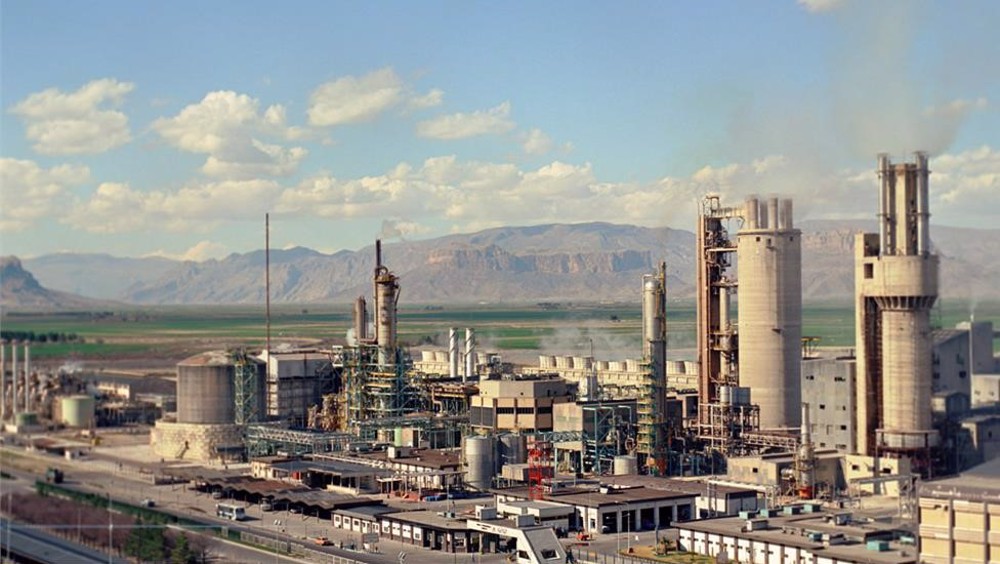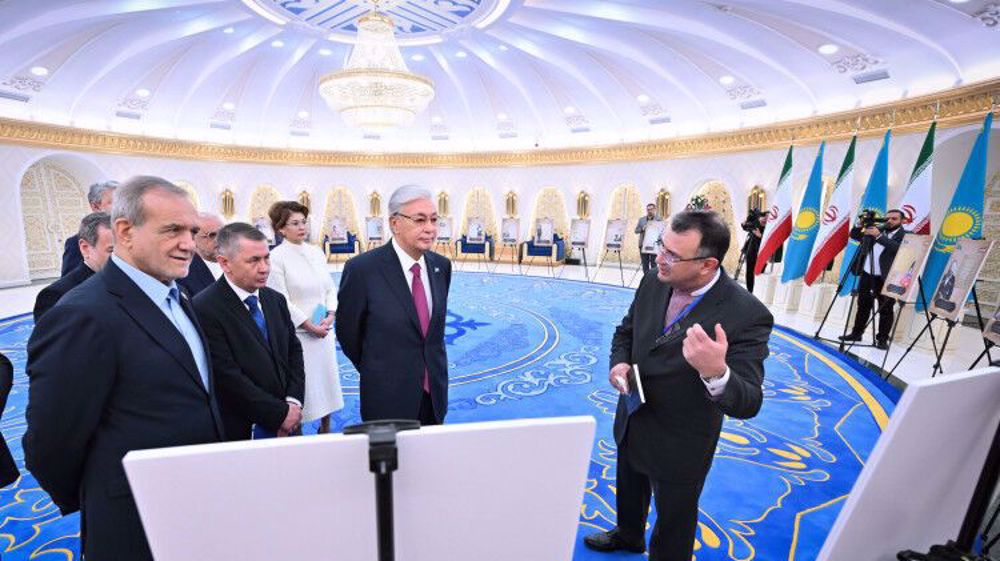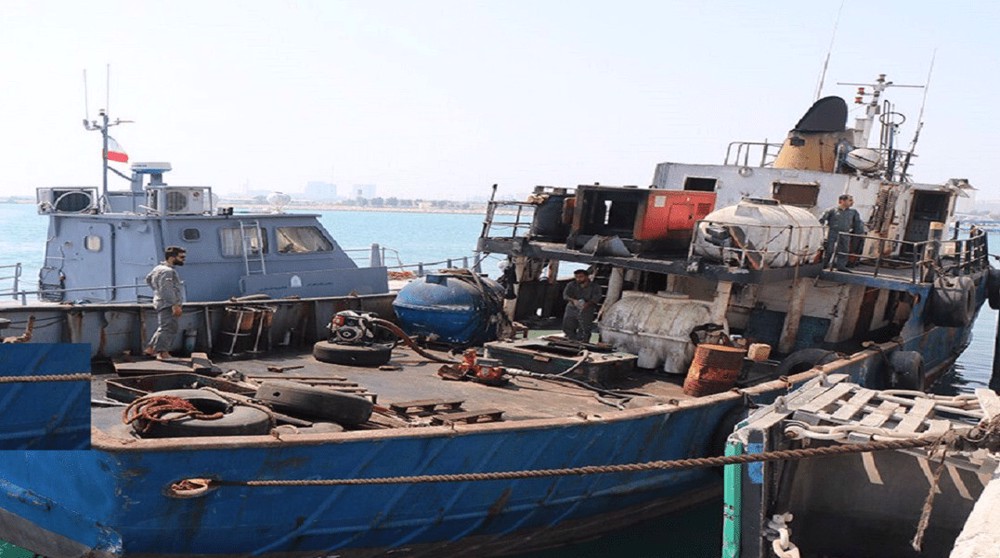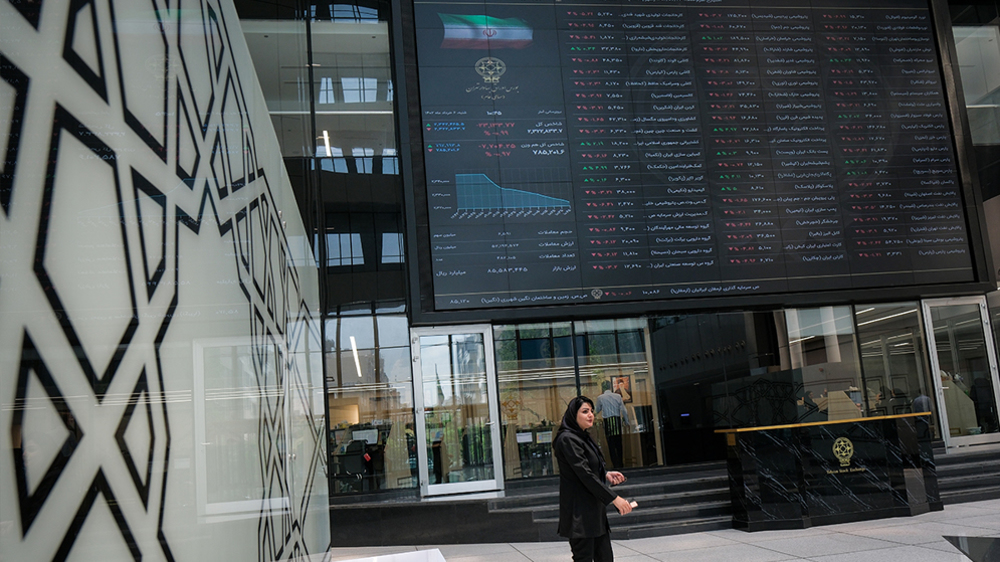Already robust, Iran-Brazil trade likely to burgeon under Lula
Trade between Iran and Brazil is robust despite US sanctions on the Islamic Republic, but prospects for better economic relations are rising as President Luiz Inacio Lula da Silva is seeking to reset the South American country’s relationships with allies.
Last year, bilateral trade stood at $6.5 billion, Iranian Ambassador Hossein Gharibi told the ministry of petroleum’s Shana news agency.
Brazil is a major importer of Iranian urea, a petrochemical product used as fertilizer.
“Urea fertilizer was the biggest export item of Iran to Brazil last year, while Iran's imports from the South American country were corn, soybeans and meat,” Gharibi said.
Brazil is an oil-producing country, whose daily output is put at 2.9 million barrels. The country, however, is faced with many problems in its downstream refining and products sector.
Brazil imported $6 billion worth of gas last year. It is also dependent on imports in its petrochemical sector.
“Brazil needs to import up to 80 percent of its need for chemical fertilizers, where consumption stands at about 8-10 million tonnes a year,” Gharibi said.
There is also a good market for Iranian polymers in Brazil. According to the ambassador, the country imported $6 billion of plastic polymers last year, but there is a market for up to $11 billion for the materials.
Iranian traders, however, are faced with challenges in the Brazilian urea market.
“While we are a large urea producer and have a large consumer market in Brazil, we do not have traders who can supply the product from origin to destination,” Gharibi said.
“Petrochemical products in Iran are usually offered to buyers through tenders and at the best price, while Brazilian buyers are used to buying their products at ports, so it is a big challenge for us to have traders who can buy the product from the Iranian manufacturer and deliver it to the Brazilian consumer.
“Our businessmen should have enough capital to be able to deposit their money in an account for at least two months and not have to worry about the two-month distance of transporting products from Iran to Brazil,” he added.
Gharibi said the extreme fluctuation of prices has caused the business of urea products to Brazil to be associated with a high risk for traders.
“Hence, it is necessary to think of a solution inside the country to solve this problem, such as calculating the price at the time of delivery or finding mechanisms through which the possible loss of the trader can be avoided to a large extent.”
Last month, reports said the Islamic Republic of Iran Shipping Line (IRISL) is planning to launch a direct container route to Brazil.
Hamed Ghaderi, a member of Iran-Brazil Joint Chamber of Commerce, said the launch of a direct shipping route between Iran and Brazil will be a major positive development in trade ties between the two countries.
Ghaderi said the IRISL’s decision to set up offices in Brazil could help Iranian exporters and businesses expand their presence in the Brazilian market.
“Given the correspondences and efforts carried out, we hope this could happen in July,” Ghaderi said.
In February 2022, Iran signed an agreement with Brazil to barter its fertilizer for livestock feed from the South American country. The agreement allowed Iran to export up to 400,000 tonnes of urea fertilizer to Brazil per year in return for receiving shipments of animal feed from the country.
Last October, head of the joint chamber of Iran and Brazil Fakhruddin Amerian announced that a Brazilian bank was ready to support those Iranians who wanted to invest in overseas farming in the South American country.
Over the past two decades, Brazil has established itself as a head-to-head competitor with the United States in the global crop market. With its extensive land, low farmland prices, and an abundance of sunlight and natural resources, many US farmers and agriculture manufacturers have expanded operations into Brazil to take advantage of the rapidly growing industry.
South Brazil is suitable for growing wheat and rice. Amerian said then the Brazilians were ready to provide Iranians with one million hectares of land, which they could even buy it if they wished.
Iran is currently importing livestock inputs, soybeans, corn, soybean meal, sugar, meat, and fruit concentrates from Brazil. Amerian said preliminary measures were also being taken to import cotton from the country.
EU’s tampering with Russian assets is ‘theft’ no matter how it’s framed: Moscow
Israeli army kills Palestinian teen during northern West Bank raid
VIDEO | Two killed, nine wounded in mass shooting at Brown University
VIDEO | Germany considers Tunisia for migrant 'return center' plans
VIDEO | UK protesters show solidarity with Palestinians at Christmas
VIDEO | UK digital ID cards spark debate over immigration control, security
VIDEO | Press TV's news headlines
US advised to respect Iranian people, their elected establishment: FM










 This makes it easy to access the Press TV website
This makes it easy to access the Press TV website